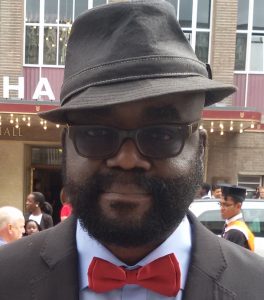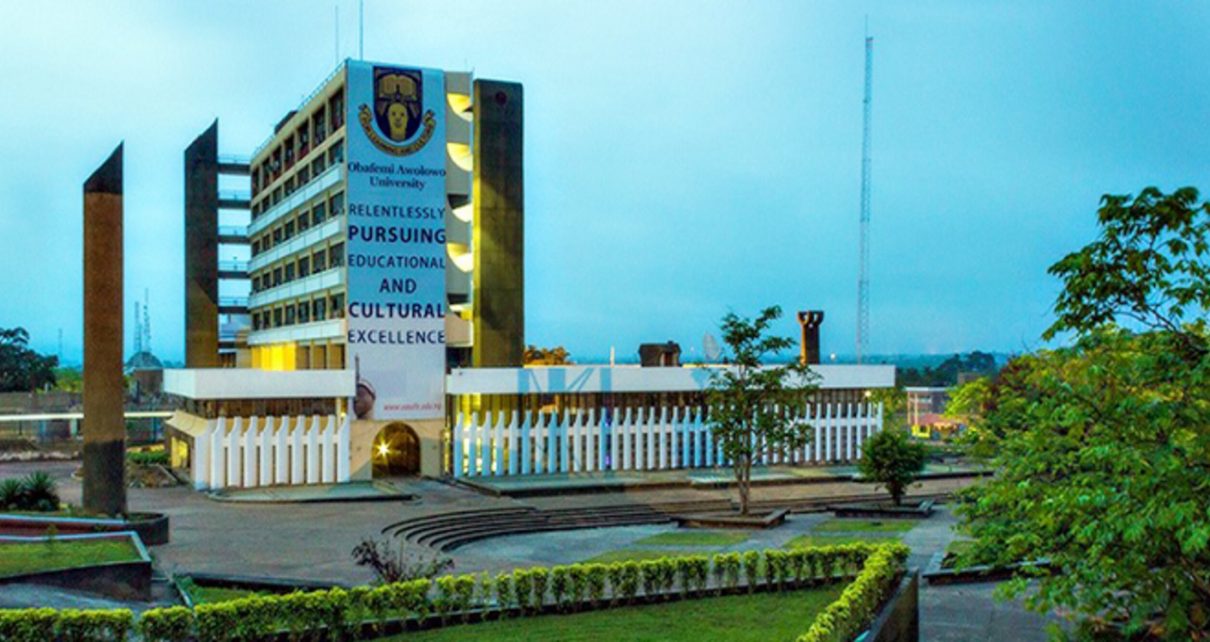
Ile-Ife evokes memories of greatness, whether you are talking about the Town or the Gown. The Town is the courtyard of the progenitor of the Yoruba race, Oduduwa. It was in Ile-Ife, so the story goes, that the first dawn was willed into existence. As the cradle of an ethnic nationality, its people are used to being expansive in worldview and accommodating to all and sundry.
It was fitting that the Western Region (before the Mid-Western region was carved out) sited its university there in 1962 — meaning that the institution was originally a collective heritage of all the territories that made up the region, from Asaba through Benin, Ado-Ekiti, Akure, Oshogbo, Ibadan, Abeokuta and Lagos. The Midwest later established its own institution, the University of Benin, during military rule.
From inception, the University of Ife, as it was then known, was destined for greatness. The clarion call, Great Ife, the very first of such unique, home-grown branding, has since become the envy of many people who wish they could claim a slice of the glorious heritage.
I know a few things about Ile-Ife and the university. Narrow-minded primitivism is not one of the traits anyone could associate with the average Ife man or woman.
The recent descent into primitive voodooism to blackmail Obafemi Awolowo University, which is now a federal institution, to cede the vice-chancellorship to an indigene of Ife, is not in the character of the Ife people that I know. I have been associated with the town for about five decades. I have been a student leader in the university and later served as alumni president and member of the Governing Council. As president of the students’ union, I interacted/worked with two great vice-chancellors of the university — Prof. Ojetunii Aboyade and Prof Cyril Agodi Onwumechili. Both men recorded roaring successes.
Unfortunately, both the Ile-Ife brand and the Great Ife brand have been damaged by the spiritual gangsterism unleashed on the institution in the full glare of the entire world. Some of the reactions on social media from all parts of the globe can almost reduce any lover of the town and the university to tears.
What was the grouse? The voodooists wanted a son of Ile-Ife appointed as the next vice-chancellor. One of their sons, Prof RA Adedoyin, actually made it to the final list but he eventually came ninth out of the sixteen shortlisted. For the ‘crime’ of not appointing their preferred candidate, the university was virtually brought to a standstill. Open threats were also issued against the winner and those they saw as his supporters. Black on black violence? Yoruba on Yoruba barbarity? Chroniclers are taking note!
The result of the interview, as announced by the Governing Council, showed that Prof AS Bamire of the Faculty of Agriculture came first with 84.6%, followed by Profs R.O. Kalilu, K.T. Ijadunola, WO Siyanbola, AI Okoh and 11 others respectively.
An elaborate presentation of what some shadowy critics thought was wrong with the selection process was detailed in a protest letter written in the name of Prof Adedoyin but which has not yet been submitted officially as at the time this column went to bed. The orphaned petition is in wide circulation. The writer wonders why the standard procedure and processes used in the 2017 exercise were not used this time. The protest letter goes on to state further that, “In this current exercise, candidates who served two terms at a post (e.g., Dean, Head of Department, Deputy Vice-Chancellor) were awarded double marks… in complete negation of theories and principles of assessment and evaluation”. In brief, it is alleged that the procedure and processes were also designed to promote favouritism and to compromise merit, transparency and integrity.
The beauty of the university system is that there are established procedures for handling dissent. The outgoing Vice-Chancellor of the university, Prof. Eyitope Ogunbodede, was a beneficiary of the established system which made it possible for the 2017 VC race to be rerun. At that time, nobody needed to recruit godlets, demons and masquerades; there was no resort to malediction and invocation of hexes.
The owner of the university, the Federal Government, its agencies such as the National Universities Commission and its operatives, such as Education Minister Adamu Adamu, were all missing in action while intruders forcefully took over the federal institution.
The method adopted by the voodooists is anathema to academia. Even the Traditional Religion Worshippers Association (TRAWSO) in Osun State found it odious. The association was unhappy that some people purporting to be traditional worshippers gave a negative impression about the religion to the whole world.
“Our members were not involved in the protest”, they declared. “The activities of those involved are self-serving and shameful. The worrisome aspect is the fact that the protesters tended to portray us in bad light as fetish and uncivilised and we warn against the use of our items by people that are not known to us .…”
I am aware of many initiatives of the alumni to help restore the university to the glorious days of the 70s. The initiatives are currently ongoing in three continents with the potential of raking in billions of Naira in the medium term. There is no tribal affiliation in the alumni. The clarion cry of Great Ife is the lifeblood that establishes consanguineous relationships among all Greats, be they white, brown, yellow or black. Our collective heritage is demeaned when people attempt to reduce the institution to a village of son-of-the-soil entitlement.
Graduates of the university are breaking records all over the world. Recently, an alumna, Prof. Toyin Tofade, became the first black female president of the Albany College of Pharmacy and Health Sciences (ACPHS) in the college’s 141-year history. Nobody in America quarrelled with her Nigerian (or Great Ife) roots.
Among the many accomplished alumni making waves all over the world are Dr. Oluyinka Olutoye, the paediatric surgeon who operated on a baby in-utero at a Texas Children’s hospital; Dr Akinwumi Adesina, President of AfDB; Dr Benedict Okey Oramah, President of the African Export–Import Bank (Afreximbank); and Mrs Fatou Bensouda, a Gambian and the immediate past Chief Prosecutor of the International Criminal Court, ICC.
A university that is a global brand and on whose faculty Prof Wole Soyinka served before he earned the Nobel Prize for Literature, cannot be reduced to a coven of seen and unseen witches, and principalities of the netherworld.
I am told that some people see the university as their own equivalent of petroleum deposit. They want to redraw the original survey map of the university, thereby making the university lose chunks of the vast estate originally allocated to it by Ife people at inception. If this is true, Ife will not be the first place where the indigenes have made attempts to annex land already given to either a federal or state institution. One would expect that the elite will educate their less enlightened brothers and sisters that no vice-chancellor has a right to trade off one inch of land owned by a federal institution. To invade such an institution is to invite the federal government to a jujitsu match, or worse.
Alumnus Olurotimi Akeredolu who currently serves as Governor of Ondo State could hardly contain his anger: “This thoughtless, reckless and misguided step forebodes untoward occurrences in the future. A situation which sees totally extraneous elements to the university environment invade the serene ambience to offer support, presumably solicited and sponsored by those who may have lost out in the selection process, is lamentable. There can be no worse signs than these outward displays of attitudes alien to academia”.
I am all for engagement. Over the years, The Great Ife Alumni Association has been extending a helping hand to the society at large, especially indigent students. I will urge the body, in collaboration with the university management, to institute a scholarship scheme for Ife indigenes as part of its established outreach programme. But under no circumstance should the university be villagised to appease those who have no clue about how a university is run.
Let’s start repairing the damage done to our brand with the hope that men and women of goodwill within Ile-Ife town will speak up against the attempt to tar them with the brush of intolerant micro-ethnic bigots. That, no less, is the counsel that Prof Soyinka has given them:
“The Ife people should say, “Those people don’t belong to us; we don’t know where they came from.” … I just don’t understand what they put in the water these days. It is crazy!”
- Wole Olaoye is a public relations consultant and veteran journalist. He can be reached at wole.olaoye@gmail.com, Twitter: @wole_olaoye; Instagram: woleola2021


